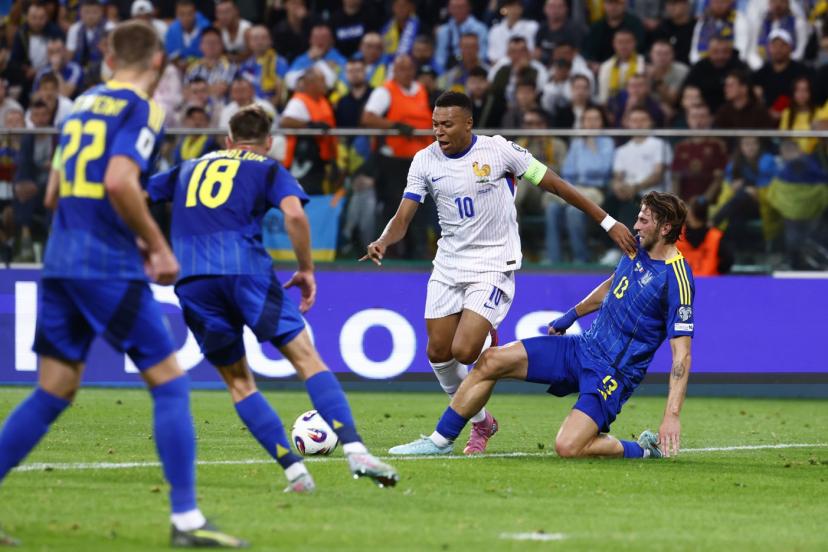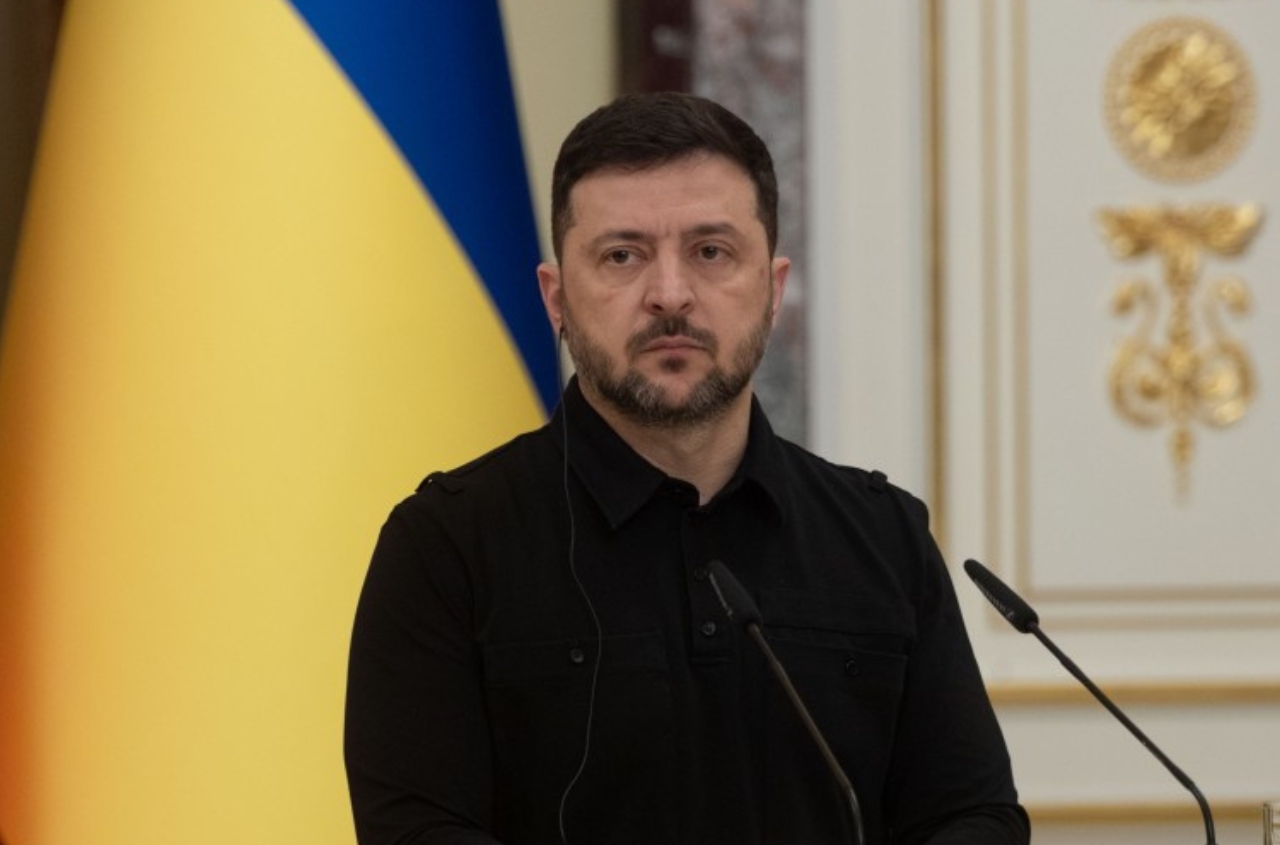In 1913, the Odessites won the championship's final match 4 to 2 against the Petersburgers. But the St. Petersburg Football League obtained to cancel the whole championship's result.
That was the second football championship in the history of the Russian Empire (and the last one). At that time, it was held among teams representing their cities. Odessa was one of the first football centers in the empire. On the Black Sea coast, as in St. Petersburg, the increasingly popular game was brought by the British expatriate community.
In 1878, the Odessa British Athletic Club (OBAC) was established in the capital of the Black Sea region, with the purpose to organise sport activity for the English (thousands) residents in Odessa: rugby, tennis, golf, cricket, boxing and football, which became quickly the most popular. The Club was composed by the British staff of the Indo-European telegraph office. In 1899, native Odessa citizens began to be included in the list of OBAC members.
Football matches were held against visiting British teams, usually drawn from the crews of British ships docked in Odessa harbour. These games were played in the seafront area now occupied by the Shevchenko Park. Each year, the OBAC held games with the Romanian football team of the city of Galati.
In 1911, the Odessa Football League was established and the first head of the League was the Englishman Ernest Jacobs, owner of a shipping company. In addition to OBAC, its founders were Odessa Football Club, Sheremetyevo Sports Club (gymnasium students), Sporting Club and many other teams. Expectedly, the first winner of the city championship was the OBAC.
The Second Imperial Football Championship took place in 1913 (the first was in 1912, but without rules at a sufficient international standard level) and was divided into two preliminary area championships: Northern Russia and Novorossia. Then, the two winners would have met in the final match to award the champion of the Empire.

In Novorossia there were 12 participating teams, which shows the level of popularity of the sport. They represented: Kharkov, Kherson, Yuzovka, Nikolaev, Odessa, Rostov-on-Don, Sevastopol (Kiev was excluded with a technical deception). The Odessa's squad defeated all of them. To better understand the atmosphere of those matches, it is worth mentioning that the Nikolaev–Odessa match was moved to South Palmyra, due to the Nikolaev fans' habit to threw stones at rival football players.
The second finalist was the team of St. Petersburg, the winner of the previous year's First Championship of Russia. The title playoff took place on the 20th of October, 1913. The final match of the championship was held in Odessa, on a field located on French Boulevard, close to the current buildings of the Biological Faculty of the Odessa National University (today the ONU stadium is in that place).
The match gathered about 4 thousand spectators, located in several rows around the field. Odessa's team defeated reigning Petersburger champions 4-2 in a pulsating encounter with goals from Ernest Jacobs (OBAC), Hubert Townsend (OBAC) and Grigory Bohemsky (Richelieu gymnasium).

But offended capital losers filed a protest. The motives were that four foreigners played for Odessa in the final, while under the regulation three was the limit. Actually, in previous matches many teams exceeded that limit of foreigner players, but nobody protested. Not even Petersburgers before the match, being confident in a easy victory.
On this occasion, the secretary of the Odessa Football League John Gerd said: “The St. Petersburg Football League bases its protest on the rules, which are mythical for us. Kharkov and Yuzovka exhibited up to six foreigners. The case with the championship is rather vague. †As a result, not daring to satisfy the unfair protest of St. Petersburg, the All-Russian Football Union board took the decision to consider the championship... NOT played out!
The Petersburg-based illustrated newspaper Futbolist wrote in an article “A Few Words about the Petersburg-Odessa Match: Odessa was deprived of the championship for formal reasons, but ... on December 16, in Moscow, at a dinner given by the All-Russian Football Union, there was a toast proclaimed for Odessa, although not an official, but a moral and actual winner of the Russian championship. â€
This triumph of Odessa football was interrupted by the outbreak of the First World War and, after, the Russian Civil War. Odessites had to forget about football matches until 1922.





















